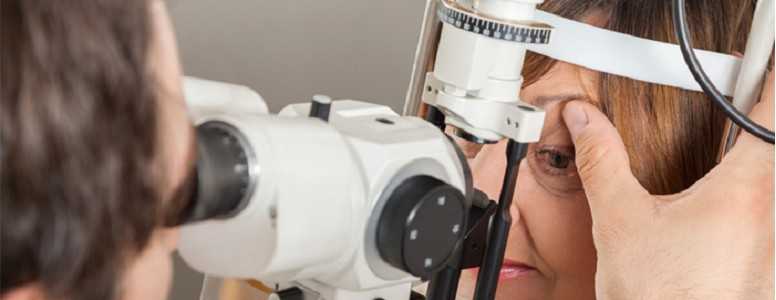Patients with diabetes who have lower levels of vitamin D could have an increased risk of developing diabetic retinopathy, according to new research.
Scientists at Bassett Medical Centre in Cooperstow, New York, came to this conclusion after conducting a systematic review of 11 observational studies that evaluated the relationship between vitamin D deficiency and diabetic retinopathy.
The studies were conducted during July 2015 and involved over 9,000 patients. To calculate the effect estimate of diabetic retinopathy, researchers compared patients with optimal or deficient vitamin D levels and patients with diabetic retinopathy and healthy controls.
Anawin Sanguankeo, MD, Bassett Medical Centre, told a media briefing at the AACE Scientific and Clinical Congress that patients with diabetic retinopathy were found to have lower vitamin D levels than controls.
“Vitamin D may have a role in the pathophysiology of creating diabetic retinopathy,” he said. “I think that evidence is strong enough to have future studies in this area.
“In the future, there should be studies that assess [whether] giving vitamin D to patients that have diabetes will prevent diabetic retinopathy or slow progression in patients who already have [diabetic retinopathy] compared to patients who do not have optimal vitamin D.”
Sanguankeo added that vitamin D deficiency is also linked to cardiometabolic complications including insulin secretion and metabolic syndrome. However, further research is necessary to confirm a causational effect between vitamin D deficiency and diabetic retinopathy.
“Before there is a recommendation for clinicians [to supplement with vitamin D], there should be evidence stronger than this, in randomised controlled trials or in prospective cohort studies. This is just the beginning of future studies that should be done,” said Sanguankeo.








